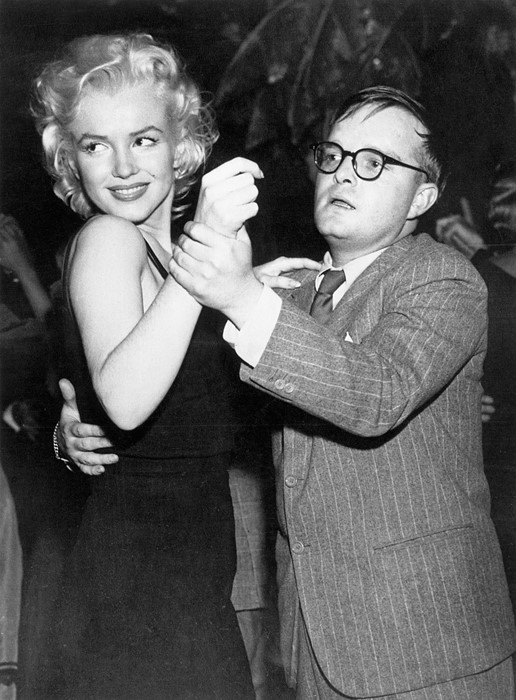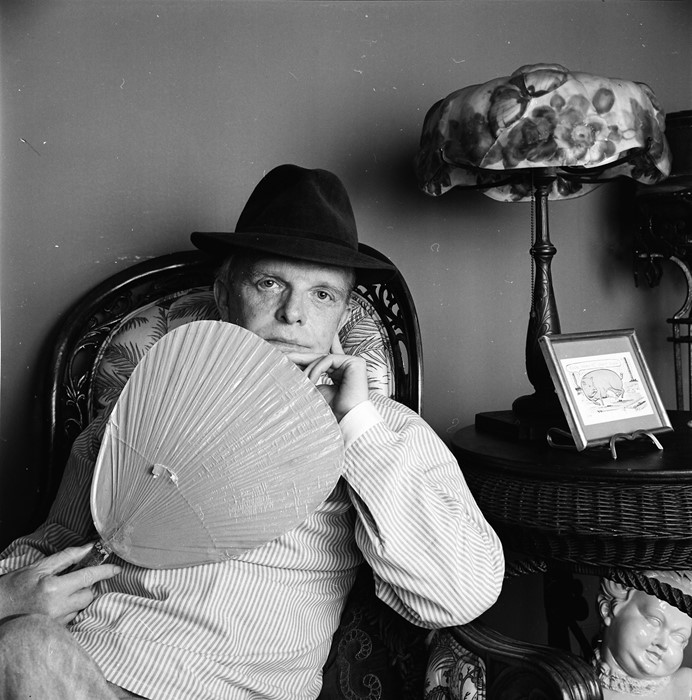Laura Allsop considers Answered Prayers, the incomplete work labelled a "dark comedy of the very rich", whose provocative early chapters caused its creator to be ostracised from the New York high society it critiqued
The shelves of literary history are stacked with unfinished novels, many of them cruelly cut short by their writers’ untimely deaths. Then there are those that simply fizzled out, their authors having fallen out of love with their great idea, or been beset by a paralysing case of writer’s block.
Answered Prayers was Truman Capote’s contribution to the list, an incomplete work composed of three chapters originally published in instalments in Esquire in 1975 and 1976, and posthumously released altogether as a novel in 1986. Though far from his best book, it is the one literary sleuths and those still enthralled by the goings-on of the Jet Set love to pore over, filled as it is with blind items about Capote’s own illustrious circle. Perhaps in its finished form it could, as Capote himself hoped, have been American literature’s answer to Proust’s In Search of Lost Time, a vivid portrayal of high society, and, in his words, a “dark comedy of the very rich”. He claimed to have written a handful of further chapters, and told one friend shortly before his death that he had stashed the manuscript in a safe deposit box, although it was never found. (Even during his lifetime, the manuscript had a wild trajectory, with Capote once alleging that it had been stolen by a lover, and on one occasion even leaving it in a limousine.) Friends remember him reading excerpts to them, though it’s unclear how much he was improvising after one too many glasses of Stoli.

What remains are three chapters narrated by writer-hustler PB Jones, and the result is a riot of real names and barely disguised portraits. But it was the very first instalment that got Capote exiled from the company of several of his beloved society doyennes, whom he affectionately dubbed the “Swans” — a consequence widely thought to have accelerated his downward spiral into drugs and booze. When the infamous La Côte Basque 1965 was published in Esquire in 1975, doors all over Manhattan were suddenly closed to the author. Slim Keith and Gloria Vanderbilt, recognising thinly veiled versions of themselves in this tale of a gossipy lunch between Jones and a voluble socialite, were outraged and cut him off. The loss of beautiful, elegant Babe Paley — understandably appalled by a vicious portrait of a philandering ‘conglomateur’ with a strong whiff of her husband Bill — was especially devastating. “What did they expect? I’m a writer, and I use everything,” he lamented.
Despite Capote’s claims of further chapters, none was forthcoming. His former partner Jack Dunphy believed he abandoned writing the book after releasing the third instalment, Kate McCloud in 1976. “If Truman hadn’t published Answered Prayers in parts, he’d have had the drive to finish it. The peacocks took it away from him,” Dunphy once said. Some think there was a manuscript but he destroyed it, while others still retain the hope that it exists in some form, somewhere. In 2012, a six-page unfinished manuscript of Yachts and Things was published in Vanity Fair after being uncovered in the New York Public Library. With its enchanting Mediterranean setting and lyrical descriptions, this little piece of the puzzle is sweetly suggestive of the book that could have been.
